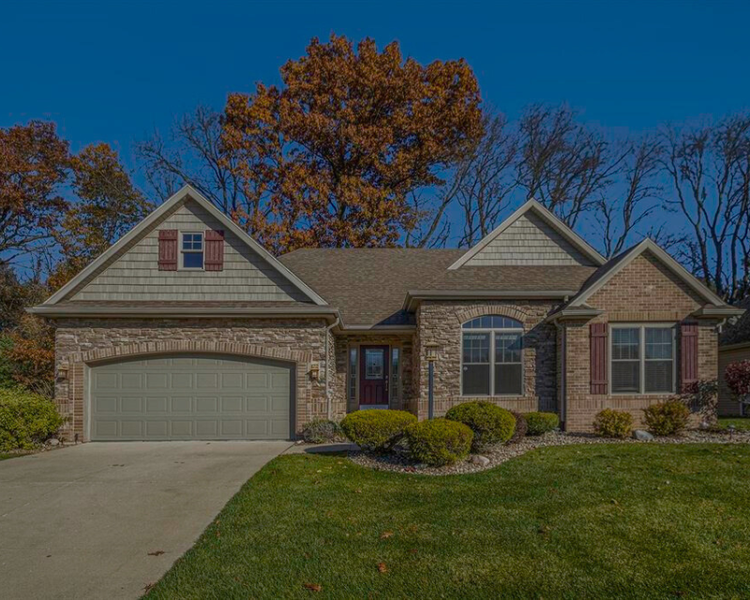AFFORDABILITY CALCULATOR
Use this calculator to determine how much house you can afford. By entering details about your income, down payment, and monthly debts, you can estimate the mortgage amount that works with your budget.
You can afford a home up to: $0
Your debt-to-income ratio is 36%
Quite affordable.
View Affordable PropertiesQuite affordable.
Payment Breakdown:
$0 Month
Get more info from a local expert!

BUYER SERVICES
Easy Home Search: Filter by Location, Budget, Style, and Essential Features (Pool, Yard, Fireplace, and more) to find your perfect match.

SELLER SERVICES
Estimate Your Home's Value, Explore Past Sales Data, & Watch Our Video Library on Home Selling Preparation.
GET PRE-APPROVED
Your unique financial situation deserves a personalized approach. Don't settle for the "cheapest rate." Work with a mortgage professional who understands your needs.

REAL ESTATE NEWS
MEET TIM VICSIK
YEAR LICENSED:
- 1993
SPECIALTIES:
- RESIDENTIAL REAL ESTATE
- SECOND HOMES
- WATERFRONT PROPERTIES
- CONDOS/VILLAS
























